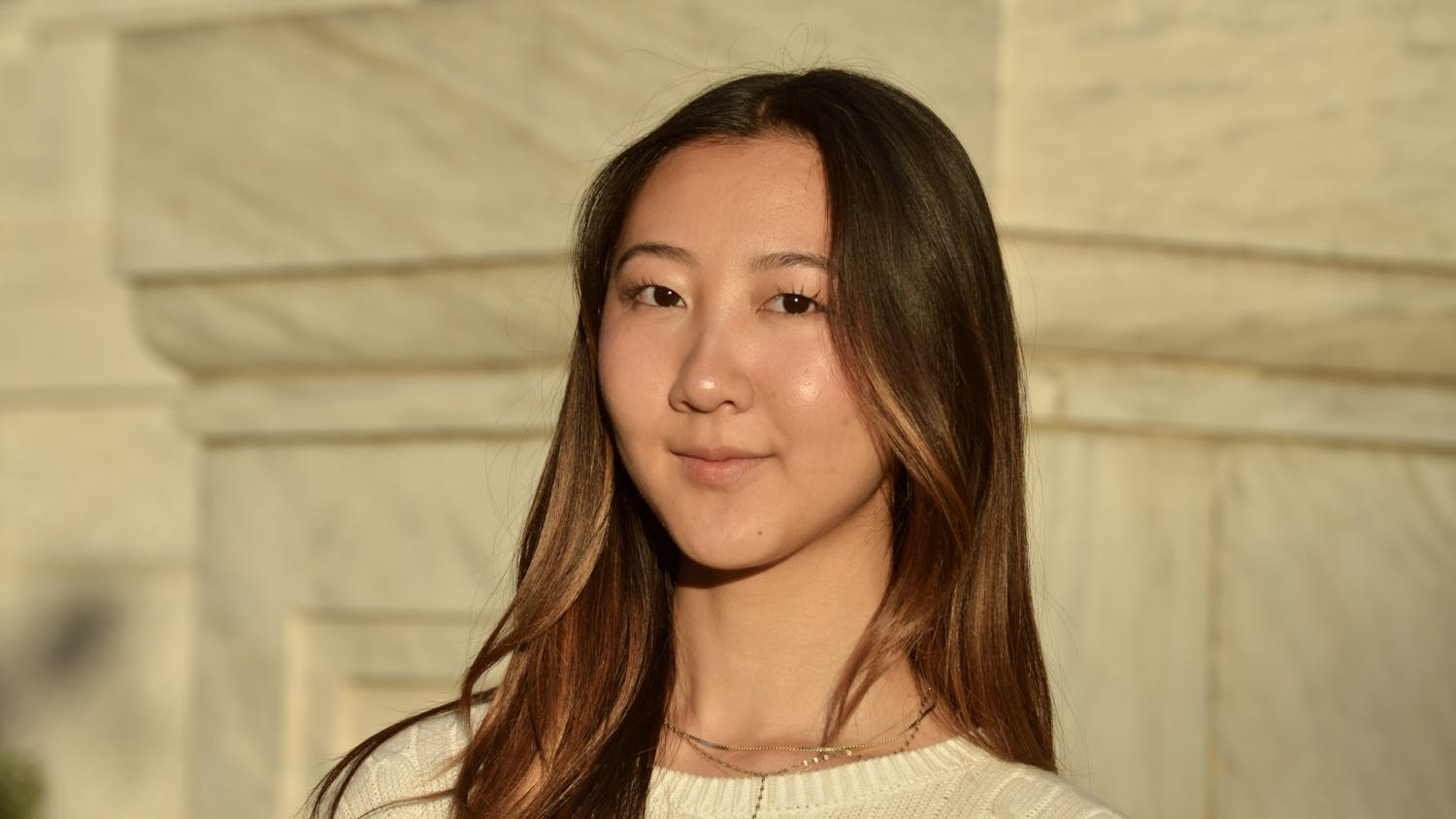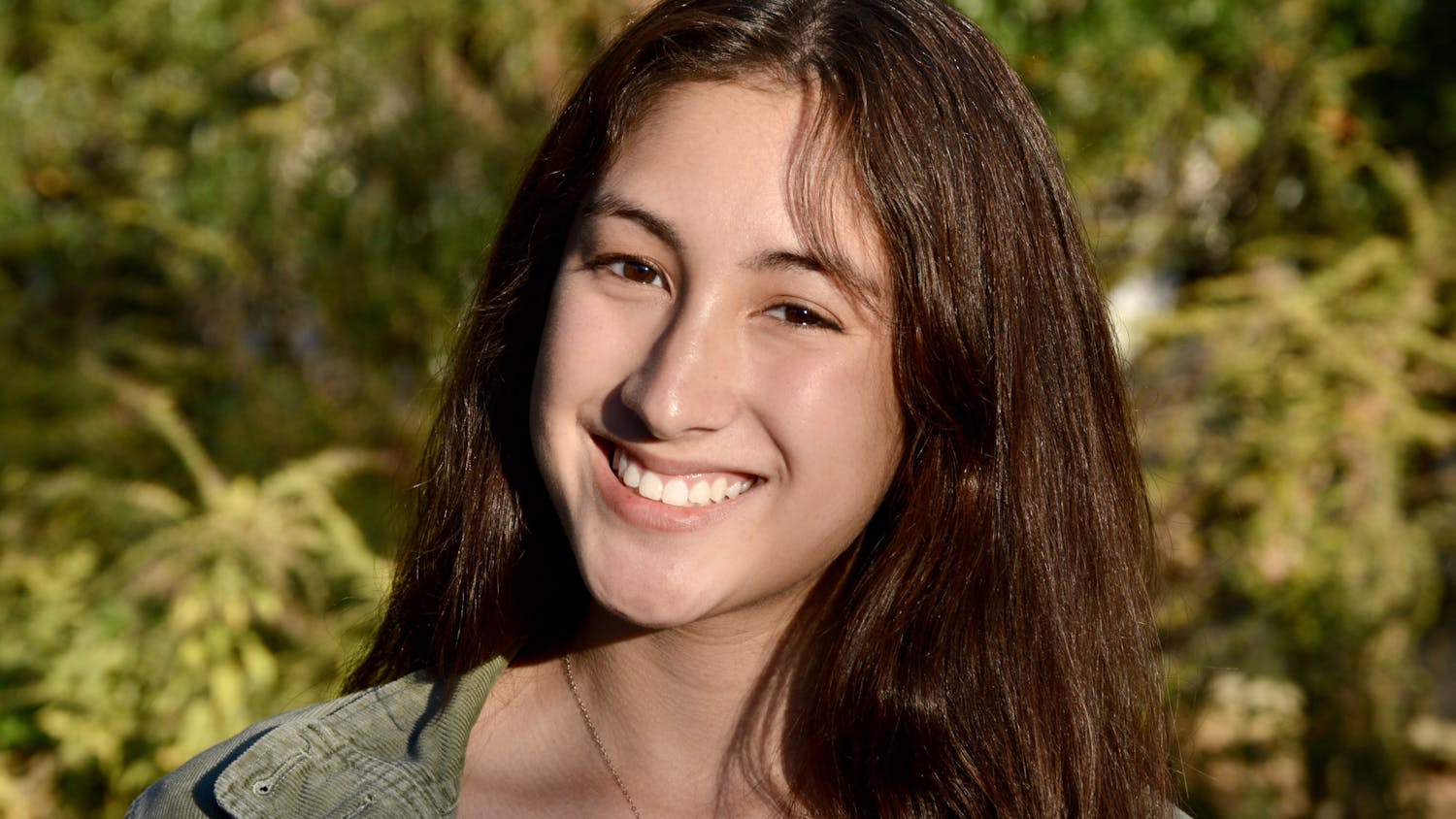Yes, you read the title correctly; obesity is driven by economic disparities.
It may seem unlikely, but the relationship between the deleterious disease and income inequality is pertinent. Big Sugar can be difficult to fight, but this argument is too delicious to deny.
Research shows that it is more expensive to eat healthy than harmfully, that is not up for debate. The numbers do not lie; it is even an issue in the United Kingdom. But the problem is worse here.
There are 78.6 million obese people in America, approximately 14 million more people than the entire population of the UK. If I am in a room with two other adults, one of us is bound to be obese.
Current statistics show that the obesity epidemic is common in all levels of income, however it is more prevalent for those in lower socioeconomic classes due to lack of purchasing power.
The University of Connecticut’s Rudd Center for Food Policy & Obesity recently found that Big Food specifically targets minorities in its advertising. African American children overall watched twice the amount of sugary food and beverage advertising than white juveniles. It is no mere coincidence that minorities are generally more indigent when compared to Caucasians.
AU professor Katya Salmi, who teaches a class called Power, Privilege, and Inequality in the College of Arts and Sciences, said that poverty and income play a significant role in health.
“Socioeconomic status can really impact access to healthcare and health in general,” Salmi said in an email. “Living in poverty can impact children’s physical well-being. Rich individuals have significantly higher life expectancies when compared to more socially deprived individuals due to a multitude of factors.”
Why do Mars Bars and Hershey choose to single out minorities? Big Food discerns the impoverished population’s lack of purchasing power, and that minorities are an enormous presence in that sector.
Because those in lower socioeconomic classes cannot afford such necessities that preserve the well-being of their health, Burger King, a company mentioned in the UConn study, may choose to play a commercial on a television channel that poor families are more likely to watch than affluent ones.
It is not that sugary sweets and fast food joints like to discriminate against specific ethnicities, it is that minorities so happen to fall under the umbrella of the American working class. Unfortunately, these minorities have to resort to this food because it is inexpensive.
As the UConn study reported, companies know who to cater to: the people who can afford their services. Major economic disparities should be viewed as pervasive to this nation’s health. It literally is. Let us be hungry for this knowledge, not for a Big Mac and regressive taxes.
Noah Levy is a freshman in the School of Public Affairs.




